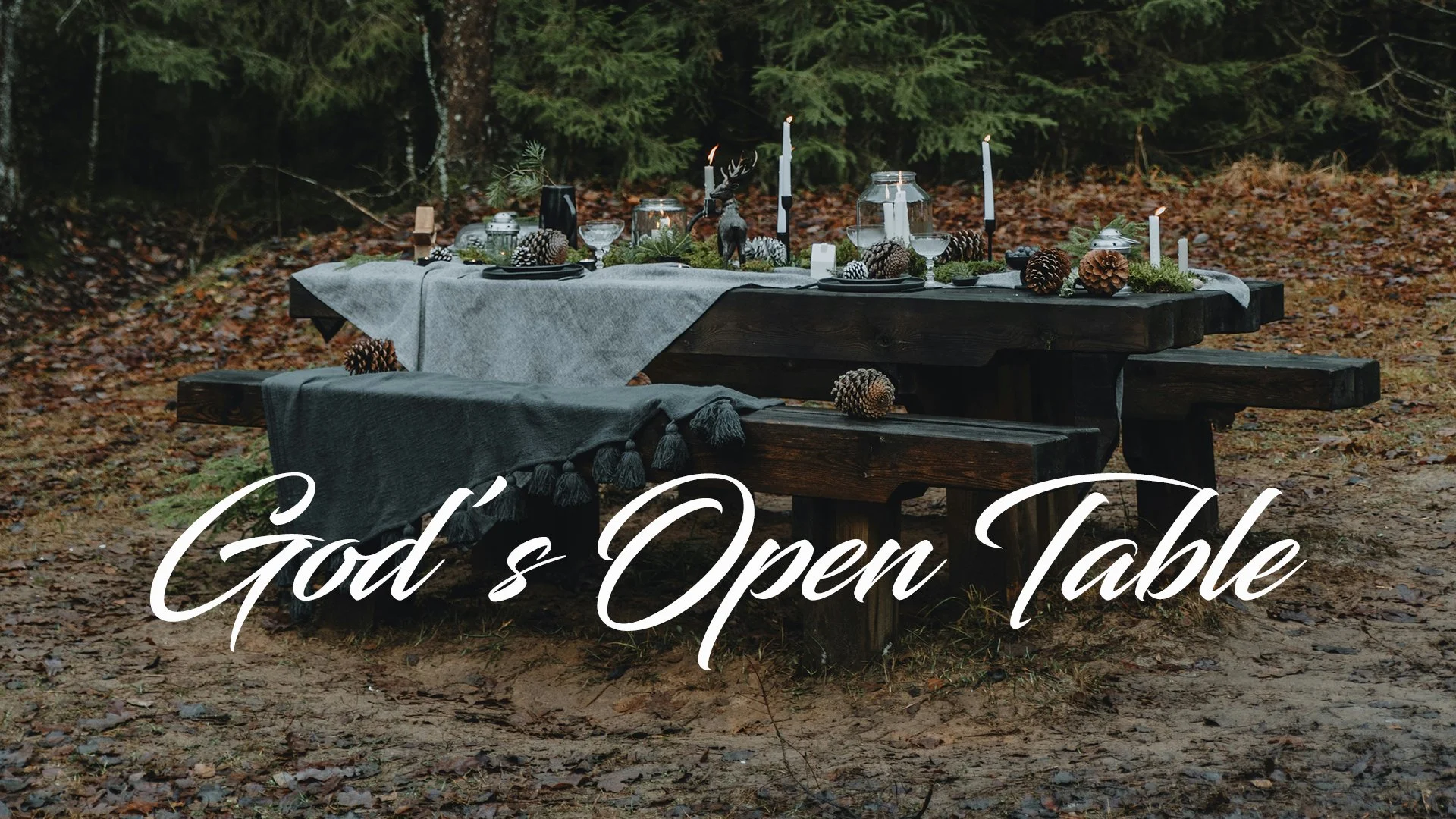One For the Road
The Gospel of Luke introduces us to two new characters at nearly the end of the story, which is an odd choice, to be sure. Weirder still is the lengthy encounter they have with a stranger on their road back home, and how this stranger changes the course of their journey and ours. We might think we know how the story ends, but resurrection might just surprise us once again.
We’re gonna need a bigger boat!
After the crucifixion and burial of Jesus, many of the disciples got back to their old lives, which for some meant fishing. The disciples in John are shown fishing and pulling up empty nets, until they encounter a “stranger” and… well, the story changes. Let’s talk about what it feels like to “fish with empty nets,” and how resurrection can invite us into a posture of abundance.
Take a Knee
The word for “bless” in Hebrew is closely related to the word for “kneel.” The idea is that to praise someone and to receive a blessing is the same body posture… kneeling. We will look at the passage from Psalm 103 that underscores this linguistic lesson, as well as the story of Jesus washing the disciples feet as a practical example of how kneeling invites praise and blessing for all involved. This will lead us into a theology of servant leadership and humility at the core of the Christian message, that to bless and be blessed is to adopt a posture of kneeling–before God and before others.
The Hands of Healing
The “man with the withered hand” is one of the stories in the Gospels used to illustrate Jesus’ conflict with strict religious adherence (and adherents). He uses his hands not only to heal the hurting around him, he also uses his hands to wrestle with and overcome the leaders who would treat faith as a punishing list of rules. As we reflect on the faithful use of “hands,” we’ll look to Jesus, the pharisees, and the man in need of healing as examples of how our hands can work for liberation or captivity, and how God responds in kind.
Watch your mouth!
Our ability to communicate is one of the gifts of humanity, and we find ourselves with a greater capacity and platform for communication than ever before. I can pick up my phone and communicate with people (strangers even) around the world instantly, sometimes with very little responsibility for the outcomes of my communication. As people of faith, our mouths are not isolated entities, they are the mouthpiece of our heart and our spirit; they reveal the state and nature of ourselves and our faith. How will we choose to use our mouths? The Prophet Isaiah will be our guide.
Hearing in the Heart
Whether we hear with our ears, eyes, or heart, in the Bible, the concept of “hearing” is attached to our being attuned to the movement of God in our midst. Samuel was given “ears to hear” by the older Eli, who could be pulled out of sleep by the whisper of the Spirit. Paul reflects on the power of the “word of Christ” in the promise it offers to those who are willing to hear and embrace the message of resurrection. And in the story of Jesus healing the blind man, it is notable how his reaction to the shouts of the man in distress differs from the Pharisees, who also hear the man, but who instead attempt to shout him down.



















